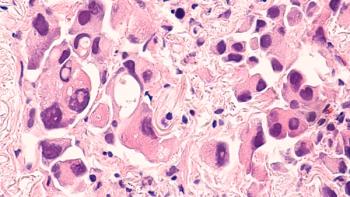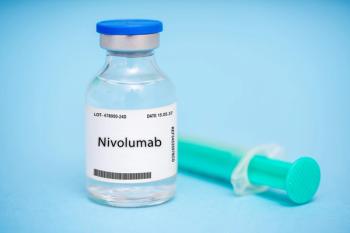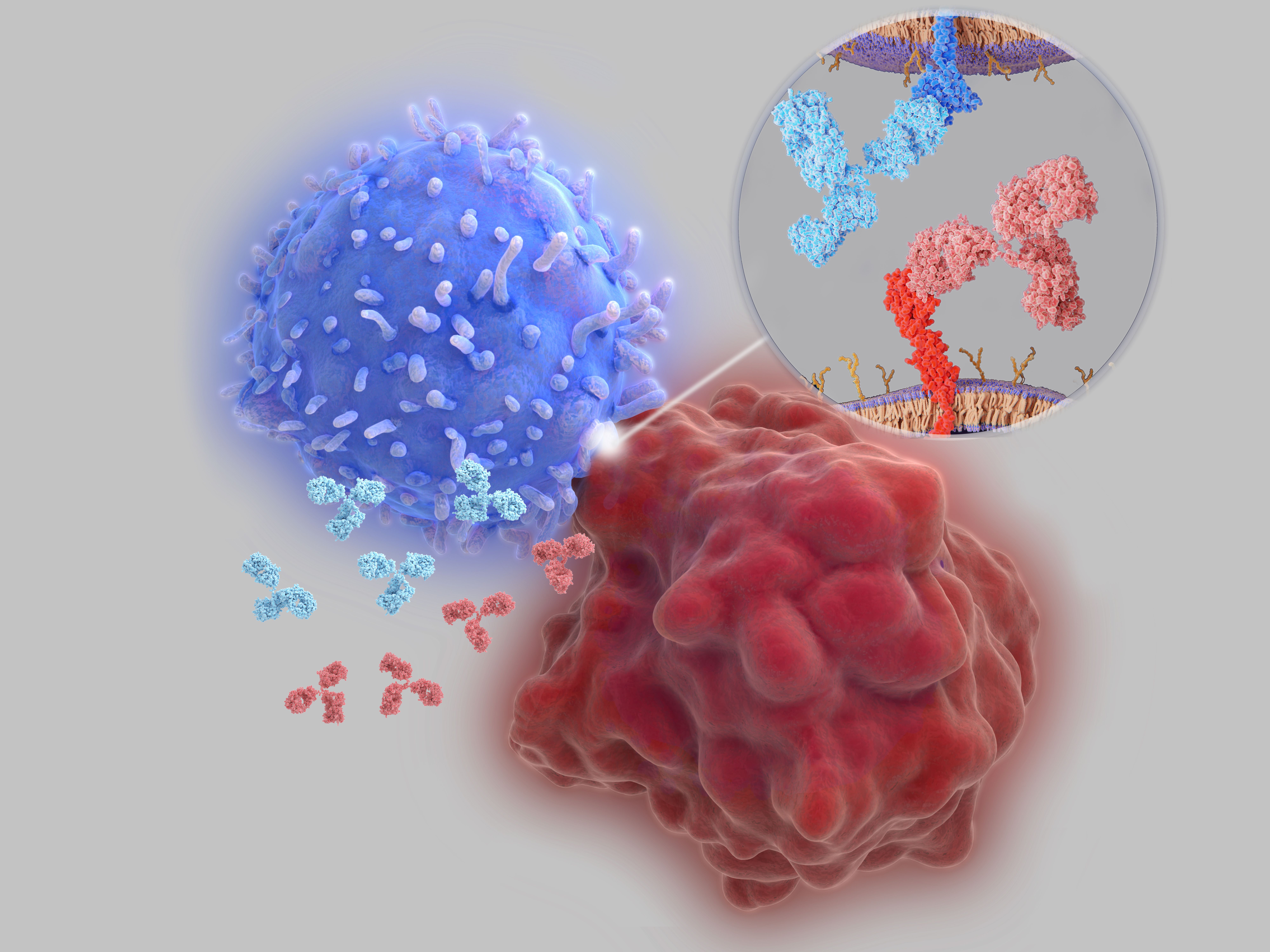
Lung Cancer
Latest News

Edward Kim, MD, MBA, discusses critical points of patient leakage in precision medicine, emphasizing the role of multidisciplinary teams in streamlining care, managing medications, and improving patient outcomes.
Latest Videos

CME Content
More News

The FDA proposes to cap the nicotine level at 0.7 mg per gram of tobacco in cigarettes and certain other combusted tobacco products.

Radon is a tasteless, odorless radioactive gas associated with DNA damage and high genomic tumor instability.

Wildfire smoke carries toxic compounds that can trigger respiratory inflammation and cause cellular damage.

According to the investigators, BBO-8520 represents a first-in-class approach to treating patients with previously treated KRASG12C-mutated metastatic non-small cell lung cancer (NSCLC).

Datopotamab deruxtecan was also granted breakthrough therapy designation in December 2024.

In a phase 2 trial (NCT05400226), abenacianine helps surgeons visualize tumors in lung during surgery and is safe and well-tolerated in patients.

Sunvozertinib was originally approved in China, making it the world’s first and only oral treatment for these patients.

The model, Deep-IO, shows improved specificity and sensitivity compared with existing predictive biomarkers.

The approval offers patients with solid tumors an alternative to intravenous PD-1 inhibitor administration.

Bispecific antibodies amivantamab and tarlatamab hold promise for patients.

Pharmacists can help address nicotine addiction by recommending FDA-approved smoking cessation methods and educating on the risks associated with electronic cigarette use.

The indication is for patients with locally advanced or metastatic disease who have not previously received treatment with an ALK-inhibitor.

Abstract data presented in September demonstrate that the drug elicited strong antitumor activity in the second line in both platinum-sensitive and -resistant patients.

Zenocutuzumab-zbco is a bispecific antibody that targets and binds to HER2 and HER3.

The indication is for adults with limited-stage small cell lung cancer (LS-SCLC) whose disease has not progressed after platinum-based chemotherapy and radiation therapy.

Sacituzumab tirumotecan (sac-TMT; Kelun Pharmaceutical, Merck) is currently being studied to treat non-small cell lung cancer (NSCLC) in the TroFuse-004 and TroFuse-009 trials.

Trends across small cell lung cancer (SCLC) and diffuse large B-cell lymphoma (DLBCL) emphasize the need to further improve global treatment options.

Expert discussed benefits of precision oncology treatments that utilize thousands of biomarkers to design personalized treatment plans.

The risk of developing interstitial lung disease after immunotherapy was 6.5 times higher in individuals with high inflammation.

Lazertinib in combination with amivantamab displays positive outcomes for non–small cell lung cancer compared with standard first line treatment.

Researchers applied extracellular vesicles retrieved from human red blood cells to serve as natural carrier to deliver the anti-cancer antisense oligonucleotides to the tumor site.

If approved, zongertinib may be a new first-line oral tyrosine kinase inhibitor (TKI) for patients with HER2-mutated non-small cell lung cancer (NSCLC), a transformative step in TKI drug development.

Less than 16% of high-risk lung cancer individuals have heard or discussed lung cancer screenings with a health care provider.

Two clinical trials with MRD monitoring may be practice changing: TRACERx and AEGEAN.

Gut microbiome research is no longer an obscure field in cancer care.



































